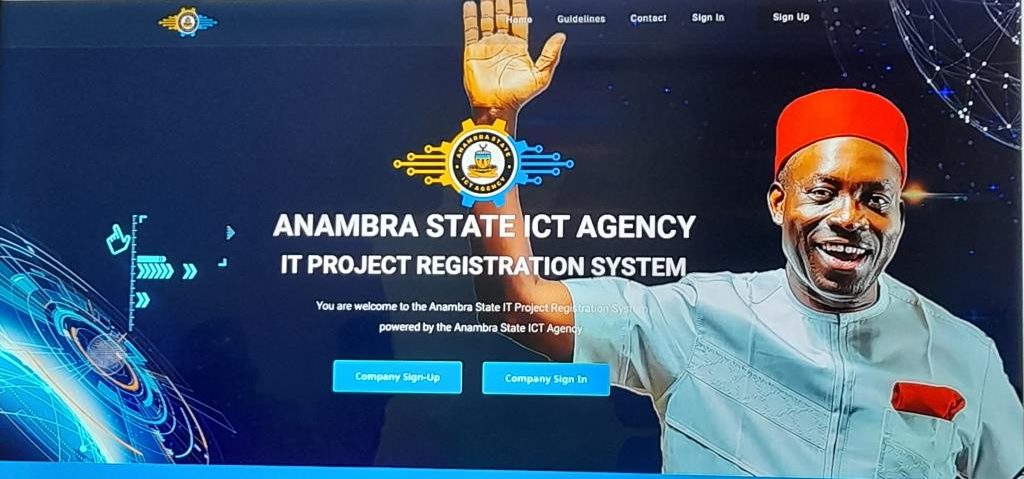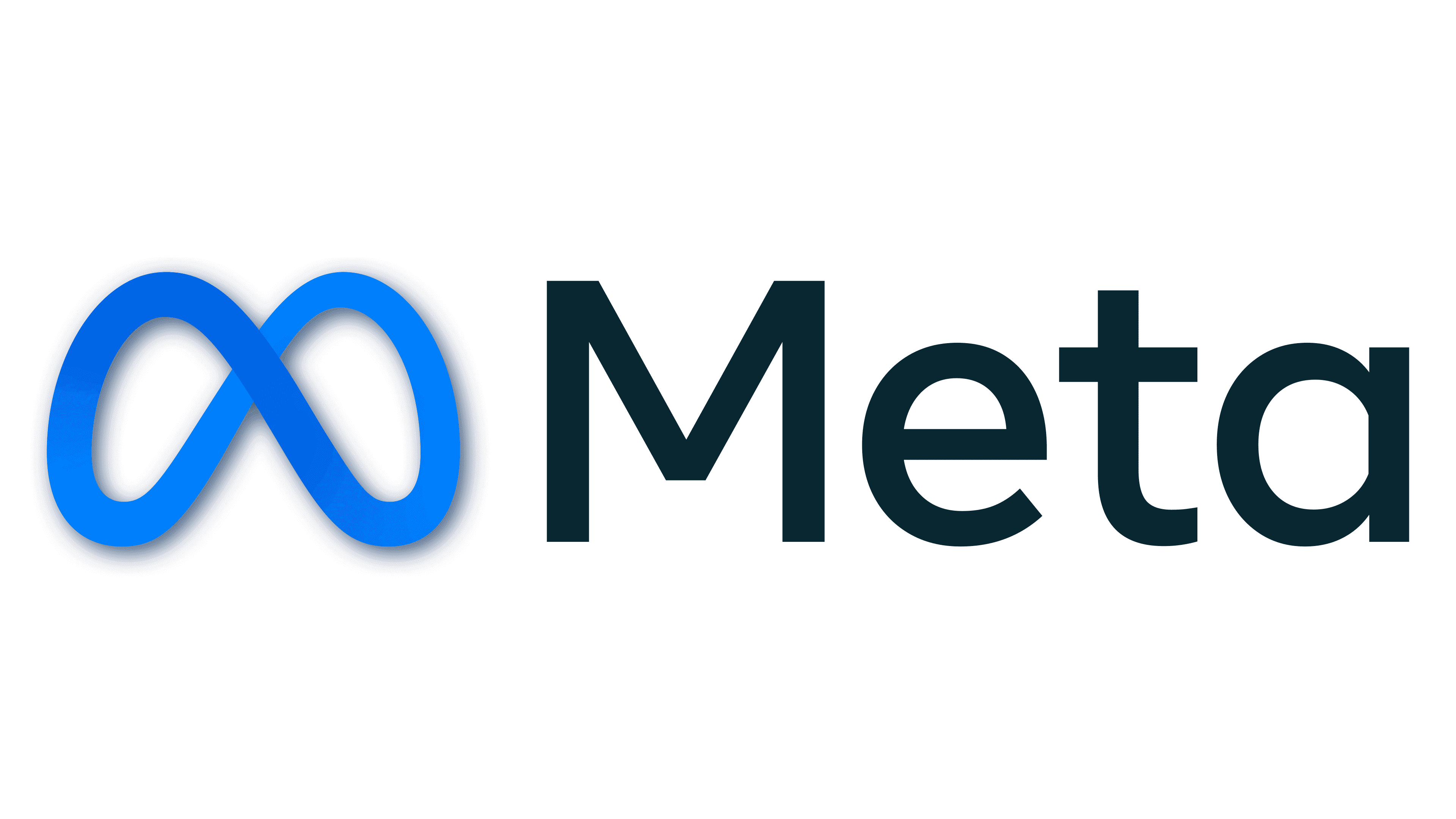Ghana’s National Communications Authority (NCA) has begun a public consultation process that seeks to amend and tighten the existing Unsolicited Electronic Communication (UEC) Code of Conduct to completely eliminate all third party UECs, be they free or paid.
The new code also seeks to provide the rules regarding the need to have the customer’s consent before sending them certain categories of messages; and it also outlines details of what constitutes consent.
It for instance requires service providers to seek the documented (not verbal) consent of consumers before putting them on any short code service. This is because each service provider would be required to show proof of written consent in times of dispute.
The UECs in question include fax, SMS/MMS and pre-recorded voice/video messages, which consumers receive on their phones without asking for them, and yet they get charged for some of those messages.
The NCA has therefore posted the newly proposed code on its website seeking inputs from the general public between now and January 24, 2017, to shape the new code to better protect consumers from UECs and ensure best practices in the telecom industry.
It is no secret how telecoms and or their value added service (VAS) providers send SMS and calls from short codes to phone users who have not asked them.
Some of these messages and calls are free of charge because they are just adverts, but others are not free of charge and customers often get charged premium rates without their express consent.
All this is happening in spite of the existence of regulation that bars telecoms and their VAS partners from sending such messages and calls to consumers without solicitation.
With the generally fair to low level of technology savviness among Ghanaians, loads of phone users are often not even aware they have been put on such premium-rated short code services.
Many of consumers complain in the mainstream and on social media about how they lose airtime without knowing exactly how, while others complain of flooded inboxes with messages they never asked for.
As a result of the several complaints, the NCA is seeking to amend the existing UEC code to completely eliminate all UECs from being sent to consumers, except a selected few like notification of transactions and relevant information directly from telecoms.
The existing code allowed telecoms to send notification of transaction, service-related information directly from telecoms, information/education about offers the telecoms have, and free adverts from third parties.
But the new code, if it comes into force, would completely eliminate any third-party adverts, and more importantly any premium-rated short code service without the consent of the consumer.
The new code would only allow some categories of information from telecoms; these include billing feedback, changes in tariffs and information on network disruptions.
“These messages should relate only to transactional communications and should exclude all promotional information from the network and third party suppliers,” the NCA said on its website.
It would also allow another set of UECs called Network Commercial Communications, which may be used to promote and educate consumers to enhance usage of the network or to introduce a network related product or service and without any third party supplier information.







